
Gum Disease in Children

Many people think of periodontal disease as a problem that only occurs in adults. However, studies indicate that gingivitis (the first stage of periodontal disease) is nearly a universal finding in children and adolescents. Advanced forms of periodontal disease are more rare in children than adults, but does occur.
From the initial consultation
to post-procedure care,
we are here to support you
every step of the way.
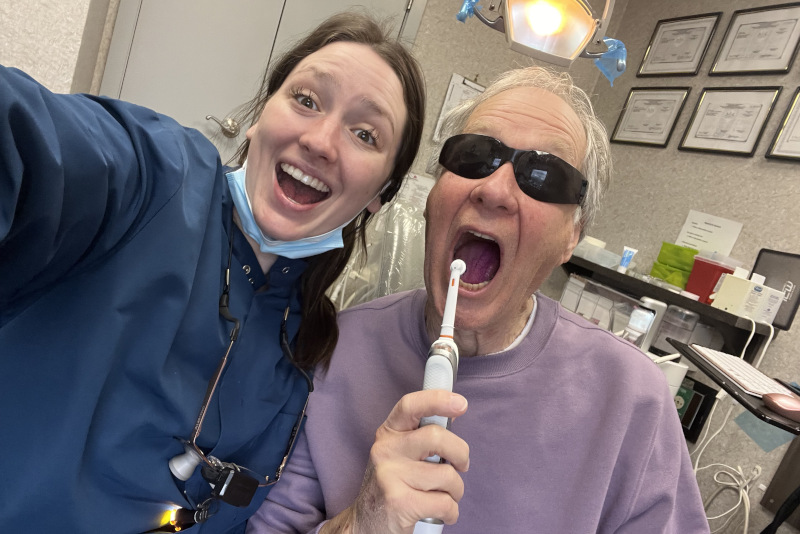
Types of Periodontal Diseases in Children
Chronic Gingivitis is common in children. It usually causes gum tissue to swell, turn red and bleed easily. Gingivitis is both preventable and treatable with a regular routine of brushing, flossing and professional dental care. However, left untreated, it can eventually advance to more serious forms of gum disease.
Our team is ready to help you achieve the smile you’ve always dreamed of.
Aggressive Periodontitis can affect young people who are otherwise healthy. Localized aggressive periodontitis is found in teenagers and young adults and mainly affects the first molars and incisors. It is characterized by the severe loss of alveolar bone, and ironically, patients generally form very little dental plaque or calculus.
Generalized Aggressive Periodontitis may begin around puberty and involve the entire mouth. It is marked by inflammation of the gums and heavy accumulations of plaque and calculus. Eventually it can cause the teeth to become loose.



If you wish to improve the appearance of your smile, we can work with you to create the beautiful natural looking smile you dream about.
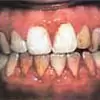
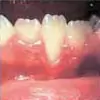
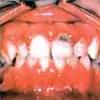
Periodontitis associated with systemic disease occurs in children and adolescents as it does in adults. Conditions that make children more susceptible to periodontal disease include:
- Type I diabetes
- Down syndrome
- Papillon-Lefevre syndrome
For example, in a survey of 263 Type I diabetics, 11 to 18 years of age, 10 percent had periodontitis
We are committed to delivering
Excellence in Dental Care



Trust our expert team to
help you achieve a smile
that reflects your true self
Excellence and Expertise
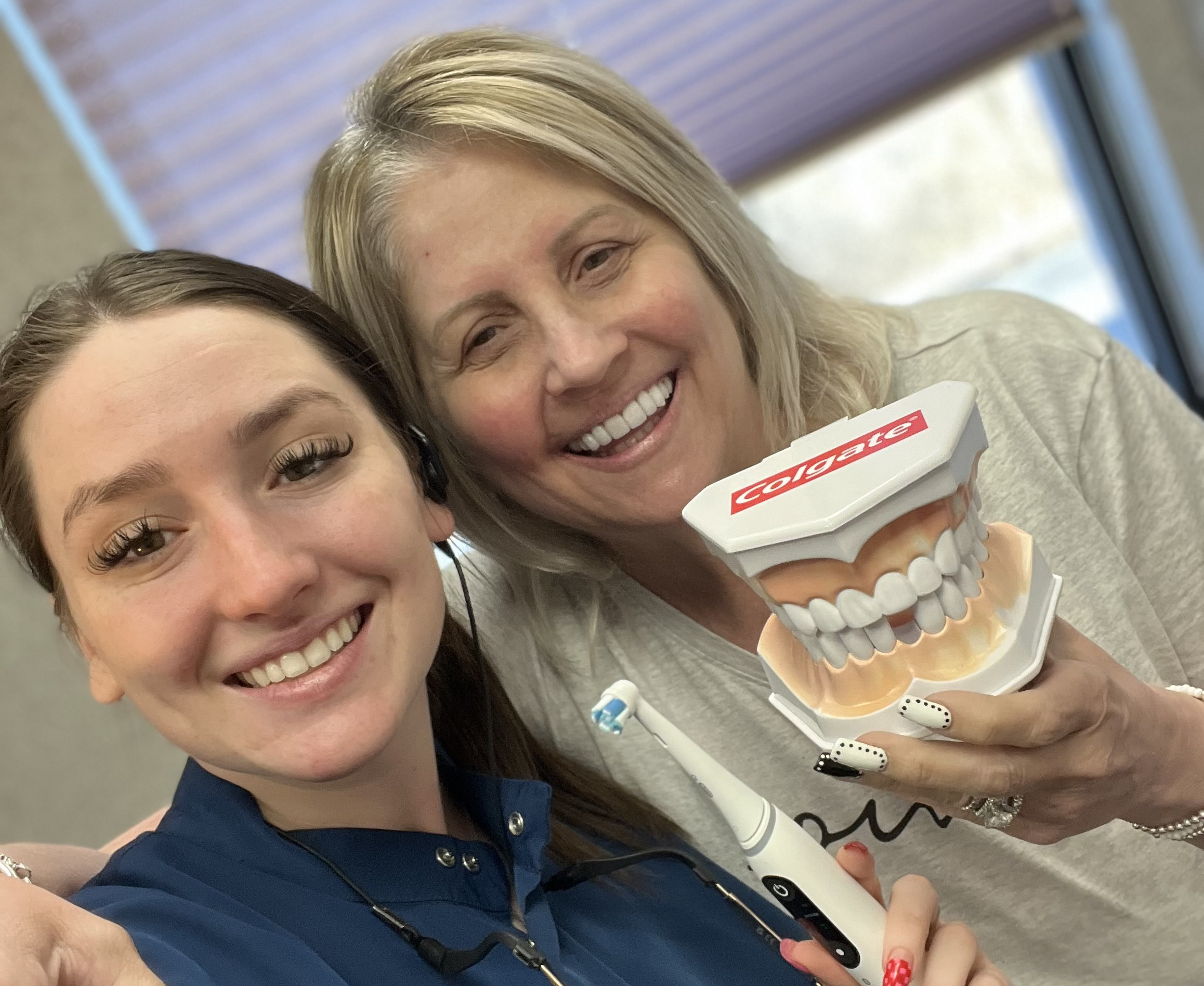

With dental implants, you can restore your smile, regain your confidence, and enjoy all the benefits of having strong, healthy teeth.
Adolescence and Oral Care
Evidence shows that gum disease may increase during adolescence due to lack of motivation to practice oral hygiene. Children who maintain good oral health habits up until the teen years are more likely to continue brushing and flossing than children who were not taught proper oral care.
Hormonal changes related to puberty can put teens at greater risk for getting periodontal disease. During puberty, an increased level of sex hormones, such as progesterone and possibly estrogen, cause increased blood circulation to the gums. This may cause an increase in the gum’s sensitivity and lead to a greater reaction to any irritation, including food particles and plaque. During this time, the gums may become swollen, turn red and feel tender.
As a teen progresses through puberty, the tendency for the gums to swell in response to irritants will lessen. However, during puberty, it is very important to follow a good at-home oral hygiene regimen, including brushing, flossing, and regular dental care. In some cases, a dental professional may recommend periodontal therapy to help prevent damage to the tissues and bone surrounding the teeth.
Never again suffer from the use of dentures, or the pain and embarrassment of missing teeth. Ever!

Advice for Parents
Early diagnosis is important for successful treatment of periodontal diseases. Therefore, it is important that children receive a periodontal examination as part of their routine dental visits. Be aware that if your child has an advanced form of gum disease, this may be an early sign of systemic disease. A general medical evaluation should be considered for children who exhibit severe periodontitis, especially if it appears resistant to therapy.
Many medications can dry out the mouth or pose other threats to oral health. Be sure to tell your dental professional about any medications your family members are taking. Read more about Xerostomia.
Monitor your family to see if anyone has the habit of teeth grinding. Grinding can increase the risk of developing periodontal disease, in addition to causing cracked or chipped teeth. Dentists can make custom-fitted night bite guards to prevent teeth grinding at night.
Researchers suggest periodontal disease can pass through saliva. This means that the common contact of saliva in families may put children and couples at risk for contracting the gum disease of another family member. If one family member has periodontal disease, all family members should see a dental professional for a periodontal evaluation.

CHECK OUR
Patient reviews
“Very knowledgeable and friendly staff…”

The most important preventive step against periodontal disease is to establish good oral health habits with your child. There are basic preventive steps to help your child maintain good oral health.
- Establish good oral health habits early. When your child is 12 months old, you can begin using toothpaste when brushing his or her teeth. However, only use a pea-sized portion on the brush and press it into the bristles so your child won’t eat it. And, when the gaps between your child’s teeth close, it’s important to start flossing.
- Serve as a good role model by practicing good oral health care habits yourself.
- Schedule regular dental visits for family checkups, periodontal evaluations and cleanings.
- Check your child’s mouth for the signs of gum disease, including bleeding gums, swollen and bright red gums, gums that are receding away from the teeth and bad breath.

If your child currently has poor oral health habits, work with your child to change these now. It’s much easier to modify these habits in a child than in an adult. Since your child models behavior after you, it follows that you should serve as a positive role model in your oral hygiene habits. A healthy smile, good breath and strong teeth all contribute to a young person’s sense of personal appearance, as well as confidence and self-esteem.


